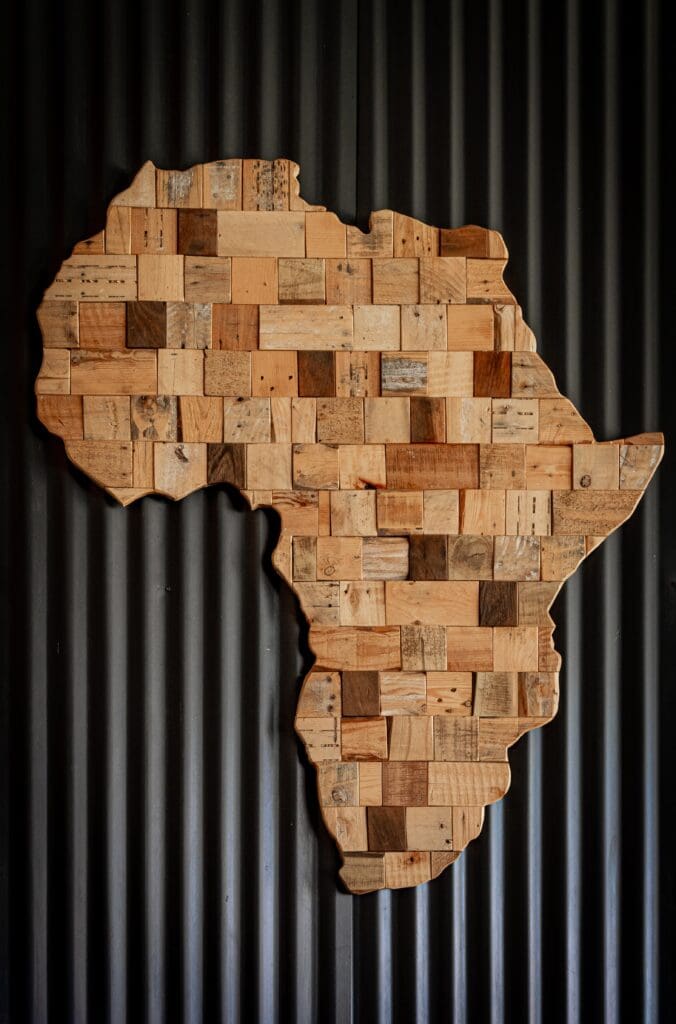KincsŐ NestingPlay’s project in Kenya
The KincsŐ NestingPlay team started working in Kenya in 2021, first in Bungoma County, with families living in poverty, mainly from agriculture, and their children aged 0-6 years (with a special focus on children with disabilities and invisible disabilities), and with teachers and childcare professionals in the area.
There can be a myriad of causes of developmental delays and backlogs, ranging from organic differences to brain dysfunctions caused by poverty or domestic violence. Recent research in brain science clearly shows that the environment, including poverty and deprivation, has a significant impact on brain development, which is reflected in the child’s overall development. Children who grow up in poverty may show significant psychosocial, cognitive and (fine) motor deficits from an early age, not to mention possible organic disabilities or other developmental disorders that they may be born with.
This fact has set the professionals at KincsŐ on the path to use their methodology and external donations to create a space for families in the community where both parents and their children can receive help and support.
Most of the children in this community have some form of developmental delay that makes it difficult or impossible for them to get to and stay in school.
To achieve these goals, Africa’s first parent center, the Kibisi Parent Center, was established. The center has been equipped with developmental toys and tools, and volunteers have been trained in the KincsŐ-NestingPlay methodology. This training process will enable professionals (teachers, nurses, health and early childhood development workers) and parents to identify these gaps early, understand the underlying causes and engage in developmental play activities with children to reduce these developmental gaps and delays.
The Parent Center’s goal was to help as many children as possible to start school and to equip them with the skills and abilities to succeed in school and progress through the different levels of education. It also aimed to enable children to acquire more skills through play in inclusive and accepting communities.
To support children who are already in the school system, KincsŐ also started to provide training for teachers in the area who work with children aged 4-7. The training focused on the inclusion of children with some kind of disability, invisible disability, or developmental delay. The training helps to create inclusive spaces and activities as much as possible, and teachers were also taught different developmental games.
The project is far from over, with KincsŐ-NestingPlay specialists traveling out on an ongoing basis to continue working with the now two parent centers and teachers.
